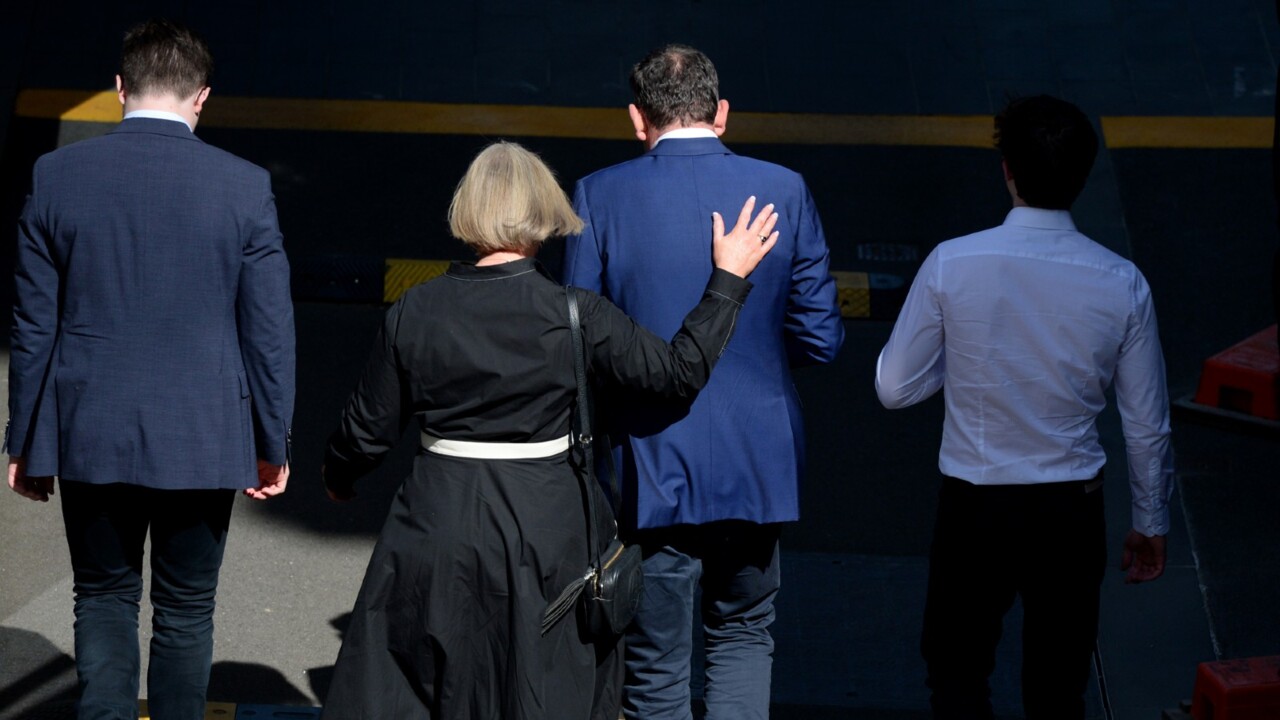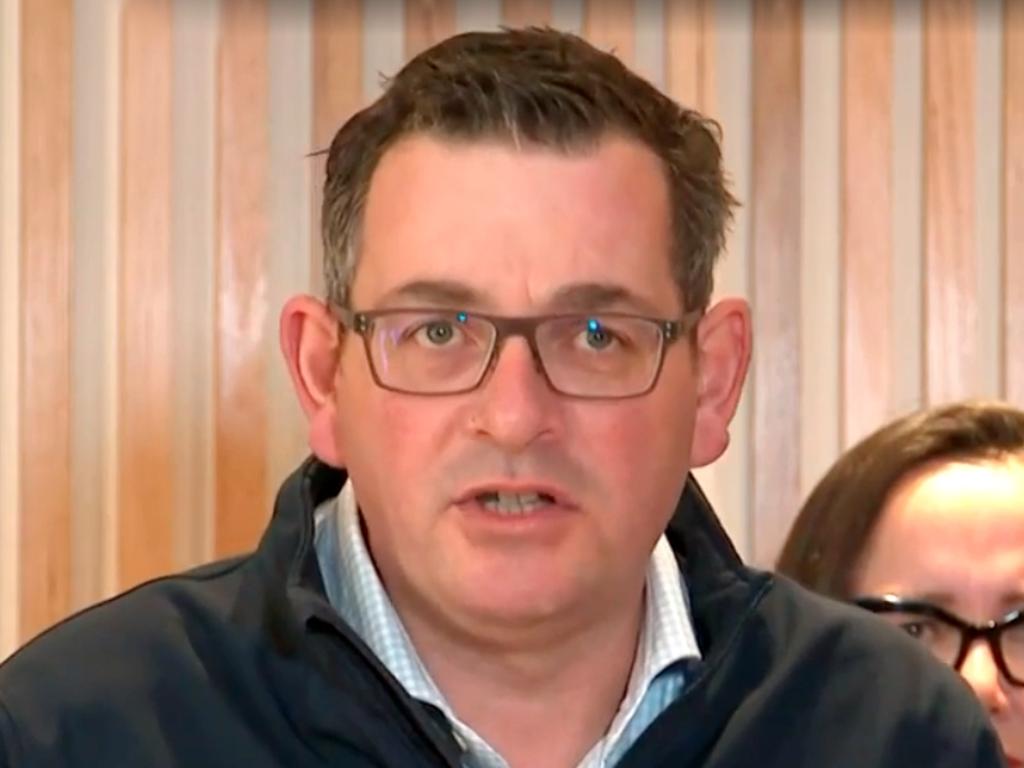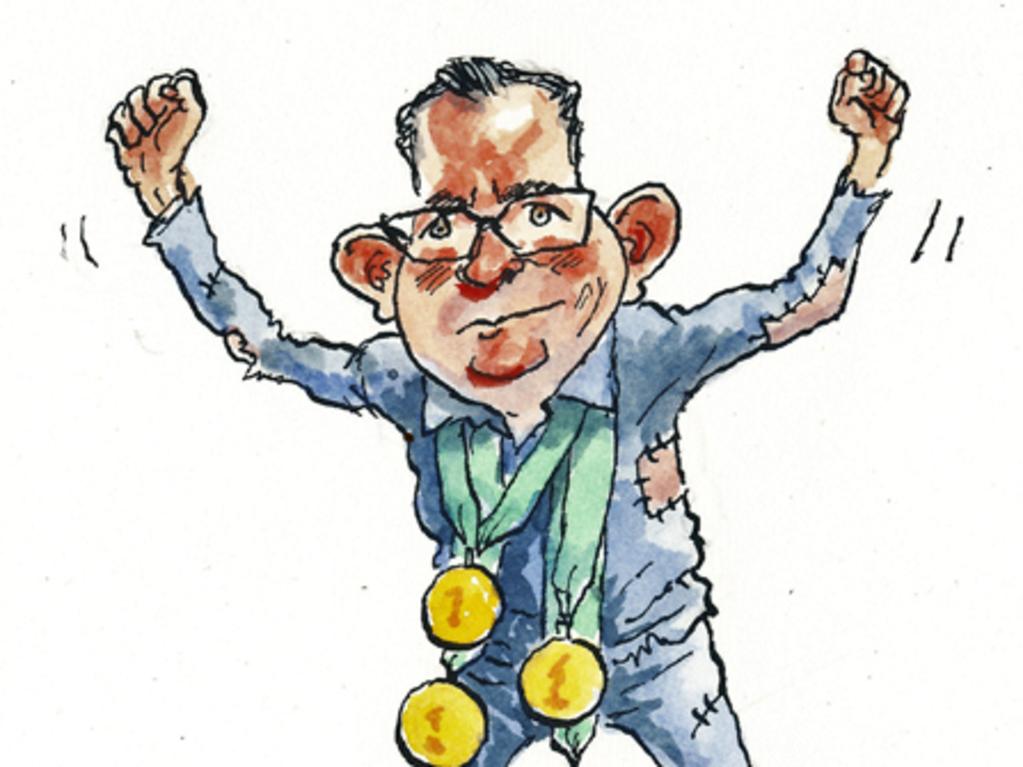CFMEU ‘given inside running’ on Commonwealth Games village project
Construction companies were given a ‘clear message’ to sign deals with the union in new Victorian premier Jacinta Allan’s bungled Commonwealth Games plans.

Victoria’s 2026 Commonwealth Games gave companies bidding to build athlete villages a “clear message” in government documents they should sign industrial deals with the CFMEU.
Construction industry sources said striking industrial agreements with the hardline union was likely to see the cost of building the four villages, estimated to be in the hundreds of millions of dollars, blow out by up to 50 per cent.
Revelations that the state government was steering builders towards the Construction Forestry Maritime Mining and Energy Union presents an early challenge to Premier Jacinta Allan, who was the minister responsible for the bungled event.
The “Commonwealth Games Athlete Villages Project Brief” nominates the CFMEU, Electrical Trades Union, Plumbing Trades Employees Union and the Victorian Trades Hall Council as the likely union partners in developing the regional hubs.
While the 77-page document listed the CFMEU as likely union partners for the games – axed by former premier Daniel Andrews two months ago amid a $4bn cost blowout – it failed to reference its key rival, the AWU, which has a reputation for more balanced industrial deals.
The May 2023 document by Development Victoria, the government agency charged with delivering regional villages in Geelong, Ballarat, Bendigo and Gippsland, says companies should be ready to negotiate with the CFMEU.
“(Development Victoria) anticipates the following unions may need to be consulted and engaged with based on the scope of the works (including but not limited to),” it states.
“(CFMEU) for major trades and labourers. (ETU) for electrical work. (PTEU) for plumbing and drainage, and Victorian Trades Hall Council.”
The “Commonwealth Games Athlete Villages Project Brief” raised concerns in both the union movement and the construction sector that the CFMEU was given the “inside running” on the village project. A union source said the fact the CFMEU was listed in the document sent to potential bidders and the AWU was excluded was sending a clear signal to companies that it would help their chances of winning the contract if they cut a deal with the CFMEU.
“For the last three to four years, the Andrews government has given the CFMEU everything they wanted,” a union source said.

“Because it was silent about the ... AWU, it was sending a clear message to all contractors they should deal with the CFMEU.”
While the AWU doesn’t usually cover domestic construction such as the villages, there were expectations that the union would have been involved in supporting civil works such as roads.
Liberal MP Evan Mulholland, Deputy Leader of the Opposition in the Legislative Council, said the revelations in the project brief helped explain the cost blowout blamed for sinking the games.
“Jacinta Allan was never serious about providing a cost-effective Games that provided the taxpayer with value for money,” he said.
“No wonder the Games were such a mess when the government was more focused on favouring certain unions for political reasons than delivering a cost-effective Games for regional Victoria.
“The cancellation of the Games was a humiliation for Victoria on the world stage.
“Jacinta Allan needs to appear at the forthcoming select committee inquiry and come clean with Victorians about her role in this debacle.”
Development Victoria and the Labor government have been approached for comment.
A building industry source told The Australian that over recent years, firms had been sent a clear message by the government that cutting an industrial agreement with the CFMEU would help their chances of being awarded government contracts.

“We were bluntly told this, but never have we seen a union named in a document like this Commonwealth Games brief,” one figure said.
“They call you in ... and everyone leaves that room knowing they want you to sign with the CFMEU.”
The building industry source said CFMEU industrial agreements could inflate the cost of projects by between 30 and 50 per cent as they could be loaded with restrictions on overtime, generous staffing numbers and “over the top” allowances.
The CFMEU dismissed the concerns emerging in the building industry and sections of the union movement, including the claims of cost blowouts, describing them as “absolute rubbish”.
“The AWU have no coverage in relation to this matter and never had so they can’t be excluded from something they’ve never done. They are a civil construction union, not residential,” a CFMEU spokesperson said.
The CFMEU also dismissed claims that it was favoured by the government.
“This is not true. The government isn’t involved, they expect us to work with the AWU, and we do,” the union spokesperson said.








To join the conversation, please log in. Don't have an account? Register
Join the conversation, you are commenting as Logout